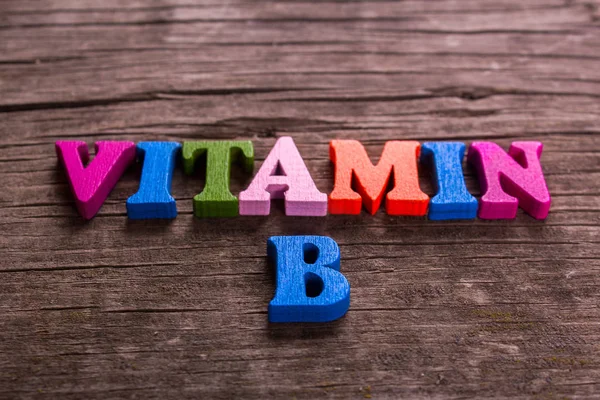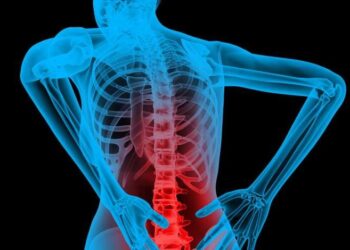Vitamin B is necessary for good health since it aids in energy production, cognitive function, and metabolism. The B vitamins are necessary for turning food into energy, fostering healthy skin and hair, and maintaining optimal nervous system function. They also aid in the development of red blood cells, which are responsible for delivering oxygen throughout the body. A shortage in B vitamins can cause symptoms that increase with time. Early recognition of these signs is critical for effectively detecting and managing this illness.
SYMPTOMS OF VITAMIN B DEFICINECY
Dr. Varsha Krishna Gade, Consultant Dietitian & Nutritionist, Motherhood Hospitals, Kharadi, Pune, discussed six symptoms of vitamin B deficiency that might increase if left untreated.
Digestive issues: Frequent digestive difficulties such as diarrhea, gas, bloating, or constipation may indicate vitamin B insufficiency. A lack of vitamin B3 or niacin can cause inflammation in the digestive tract, resulting in nausea, vomiting, and stomach pain.
Fatigue and weakness: Even with adequate rest and sleep, one may feel perpetually fatigued. This is because vitamin B encourages cells to make energy. It can also cause a significant decline in red blood cells, resulting in restricted oxygen flow in the body. It might be accompanied by a range of health issues, including lack of energy, difficulty in concentrating, and reduced mobility.
Skin problems: Vitamin B is essential for keeping your skin healthy. Vitamin B2, B3, or B7 deficiencies can cause a variety of skin disorders, including cracked and rough lips, pale skin, skin rashes, particularly around the nose, mouth, and eyes, and an inflamed tongue. If left untreated, skin disorders can cause tension, discomfort, and dissatisfaction.
Mood swings: If you frequently experience mood swings or signs of depression, you may have a vitamin B deficiency. Vitamins B6, B9, and B12 are required for the body’s manufacture of serotonin and dopamine, both of which help regulate mood. Over time, this might result in mood swings, impatience, anxiety, melancholy, and agitation.
Hair loss: Vitamin B insufficiency is frequently cited as the primary cause. Biotin, often known as vitamin B7, is essential for the health and nourishment of your hair. It can cause hair thinning, loss, and a dry scalp. This is because biotin is required for the proper creation of keratin, a kind of protein.
Cognitive issues: Vitamin deficiencies, such as vitamin B12 and B1, can have a major impact on cognitive function. It can cause symptoms such as memory loss, forgetfulness, difficulty concentrating on multiple tasks at once, and even mood changes.
If you are experiencing these symptoms, you should seek emergency medical attention. Vitamin B deficiency can be successfully treated with a mix of dietary adjustments and supplements recommended by your doctor. Dairy products, whole grains, green vegetables, and fruits are excellent sources of vitamin B.
Source:In








 Finance
Finance





